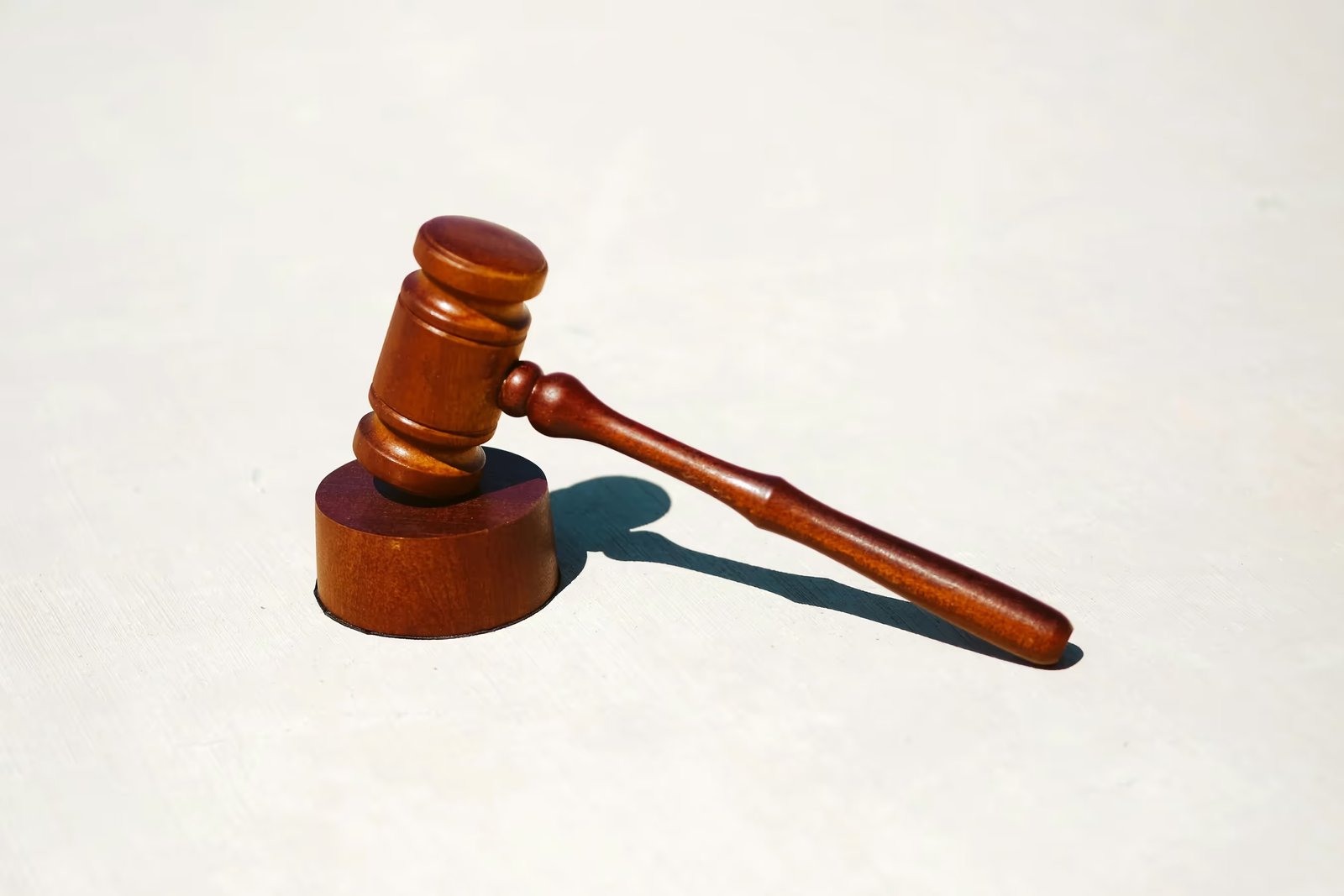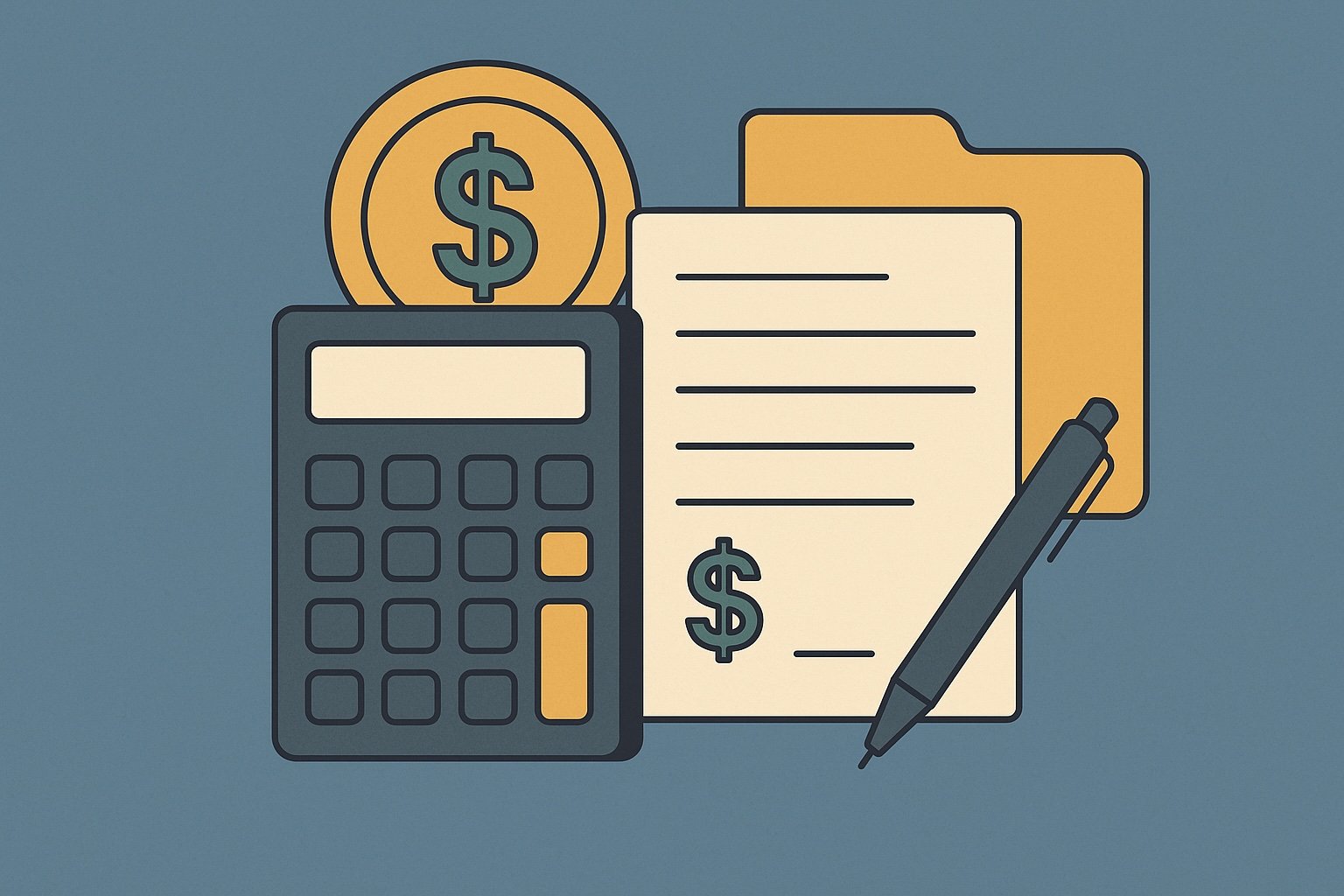Question
ARTE's Answer
The 1031 exchange is indeed primarily designed for investment properties. According to Section 1031 of the Internal Revenue Code, the exchange must involve property held for productive use in a trade or business or for investment. This means that personal residences or properties held primarily for personal use do not qualify for a 1031 exchange. The key requirement is that both the relinquished property (the property you are selling) and the replacement property (the property you are acquiring) must be held for investment purposes or used in a trade or business.
To illustrate this with an example, let’s say you own a rental property that you’ve held for several years as an investment. You decide to sell this property, which has appreciated in value, and you want to defer the capital gains tax on the sale.
You can do this by engaging in a 1031 exchange. You sell your rental property for $500,000 and use Deferred.com as your qualified intermediary to facilitate the exchange. We hold the proceeds from the sale and help you identify a new investment property within 45 days. You then purchase a new rental property for $600,000 within 180 days, using the proceeds from the sale of your original property.
In this scenario, both the relinquished property and the replacement property are held for investment purposes, making the transaction eligible for a 1031 exchange. By using Deferred.com as your qualified intermediary, you ensure that the exchange is structured correctly, allowing you to defer the capital gains tax and reinvest the full amount of your equity into the new property.
It’s important to note that while personal residences do not qualify for a 1031 exchange, there are specific situations where a property that was once a personal residence can be converted to an investment property and then qualify for a 1031 exchange. For example, if you convert your primary residence into a rental property and hold it as an investment for a sufficient period, you may be able to use a 1031 exchange when you eventually sell it. However, this requires careful planning and adherence to IRS guidelines, so consulting with a tax professional is advisable.
In conclusion, the 1031 exchange is a powerful tool for deferring taxes on investment properties, but it is not applicable to personal residences or properties held primarily for personal use. By working with a qualified intermediary like Deferred.com, you can navigate the complexities of the exchange process and maximize the benefits of this tax-deferral strategy.
Have more questions? Call us at 866-442-1031 or send an email to support@deferred.com to talk with an exchange officer at Deferred.
Sources
1031 Question? Ask ARTE
Deferred's AI 1031 Research Assistant is trained on 8,000+ pages of US tax law and outperforms human CPAs by 22%+
CHAT NOW
Learn More
See more frequently asked questions about 1031 exchanges








